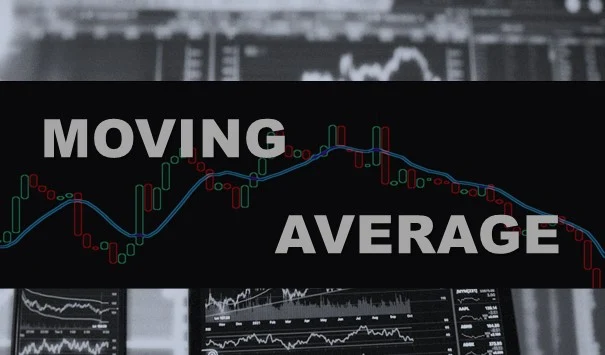
What Is An ETF?
An exchange traded fund, also known as ETF, is a fund whose share traded on an exchange.
ETFs, are a collection of various securities such as bonds, shares, money market instruments, etc., that often track an underlying asset.
In 1990, Canada created the world's first ETF, transforming the investment landscape and offering the benefits of pooled investing and trading flexibility.
Many investors prefer ETFs over mutual funds because they provide low-cost diversification, trading, and arbitrage opportunities.
To better understand an ETF, many investors like it to compare with a mutual funds.
ETF funds are somewhat similar to mutual funds in terms of their structure, regulation, and management. But unlike mutual funds, ETFs can be purchased or sold on a stock exchange the same way that a regular stock can.
ETF share prices fluctuate all day as the ETF is bought and sold; this is different from mutual funds, which only trade once a day after the market closes.
When following a standard index, ETFs are more tax-efficient and more liquid than mutual funds.
Are ETFs better than stocks?
ETFs are generally considered safer investments for long-term investing due to their broad diversification. Diversification protects your portfolio from a single market downturn, because your money is spread out among hundreds or thousands of stocks.
Moreover, To begin investing in ETFs, no minimum amount is required. You only need enough to cover the cost of one share plus any commissions or fees.